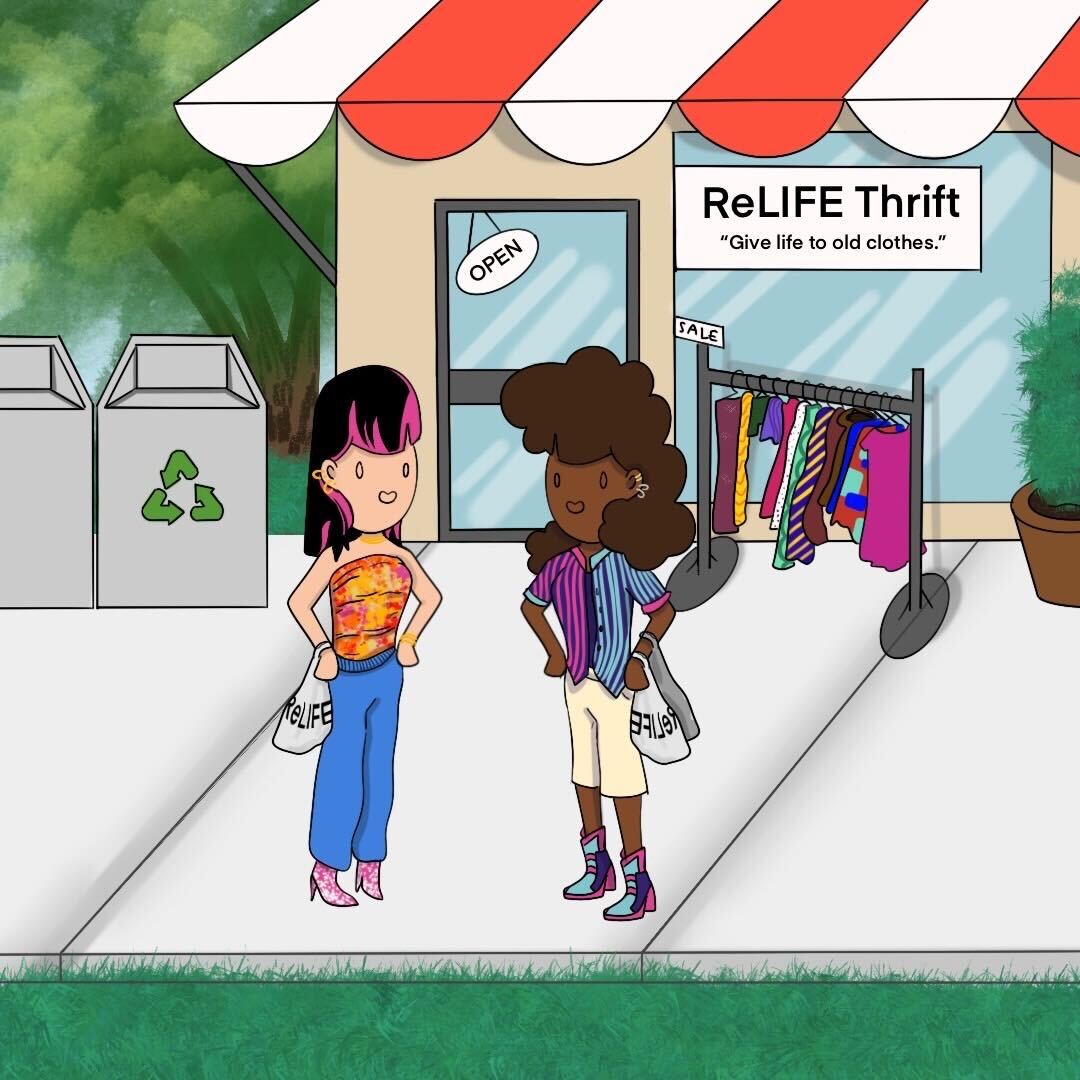College students commonly find themselves described as cheap, lazy and entitled. The reality is numerous assumptions contribute to this opinion. The recent rise in instant delivery and ride services further enable dependent and sedentary lifestyles that commonly receive criticism.
A student’s life seemingly revolves around three main elements: school, food and money. Finding the time to study for classes, work for money and grab a meal to sustain life can become overwhelming. Thus, technology and marketing joined forces and brainstormed the ultimate weapon for convenience: instant delivery.
Amazon Prime, Uber Eats, Instacart and Lyft are a few of the hundreds of services aiding the sedentary lifestyles of millennials and Generation Z individuals. Such services quickly deliver goods to a students door at any time of the day.
Although these innovations seem new and exciting, the fact is such services simultaneously hinder societal growth and productivity. The simple task of driving to a grocery store to grab a gallon of milk is quickly becoming obsolete due to platforms like Instacart that can have goods delivered in less than ten minutes.
There is no obligation to partake in these services and most college students can absolutely be to blame for their own procrastinating habits. However, this does not mean the ever-changing, on-demand economy is not actively encouraging people to turn lazy, as there is now an easy alternative to errand-running at every corner.
The idea of making the simplest daily errands even easier is offensive, implying society cannot complete the most effortless tasks and needs help to do so. Yet, this new way of life is taking the world by storm.
For example, Walmart decided to significantly expand its curbside pick-up service in 2018. The franchise went from 100 locations offering the service in 2015 to upwards of 2,000 locations in 2018. Since then, competitors such as Target and H-E-B quickly followed and now offer similar perks.
Marketing and advertising techniques have managed to locate the weakest points in young adults and work their services around those factors. The one thing a college student cannot function without is their phone and all these services can conveniently be accessed through an app or website. The undeniable connection in this situation is not accidental.
Technological advances catering to the convenience craved by a millennial or Gen Z person directly correlate with the rise in antisocial and indifferent habits seen in these generations. The ability to click a few buttons on a mobile screen and order a burger and fries without talking to a single human is stripping away the simplicity and benefits of human interaction.
Research shows being socially stimulated is essential to maintaining good health. Creating shortcuts for small moments of everyday life is not going to destroy mankind, but it is certainly not doing anything more than providing instant gratification and goods and services on demand.
Food is not the only commodity being ordered and delivered at rapid rates. Online shopping has seen an increase in demand. Shoppers now make 51% of their purchases online to avoid the hassle of physically going into a brick-and-mortar store.
The promise of a speedy delivery for any and all merchandise ultimately creates an environment of dependency. The ease and lack of complication is weakening the younger generations’ ability to rely on themselves to accomplish tasks because now, anyone can pay a small extra fee to have anything done for them.
The craze in instant delivery is not the sole reason college students gravitate toward lazy habits, but these services actively influence a lazy lifestyle, with these amenities only growing. The need for convenience is the greatest weakness of the millennial and Gen Z era, and that fact creates an easy target within the world of business.
Campus delivery encourages users to be lazy and antisocial
September 5, 2019
0
Donate to The University Star
Your donation will support the student journalists of Texas State University. Your contribution will allow us to purchase equipment and cover our annual website hosting costs.
More to Discover











